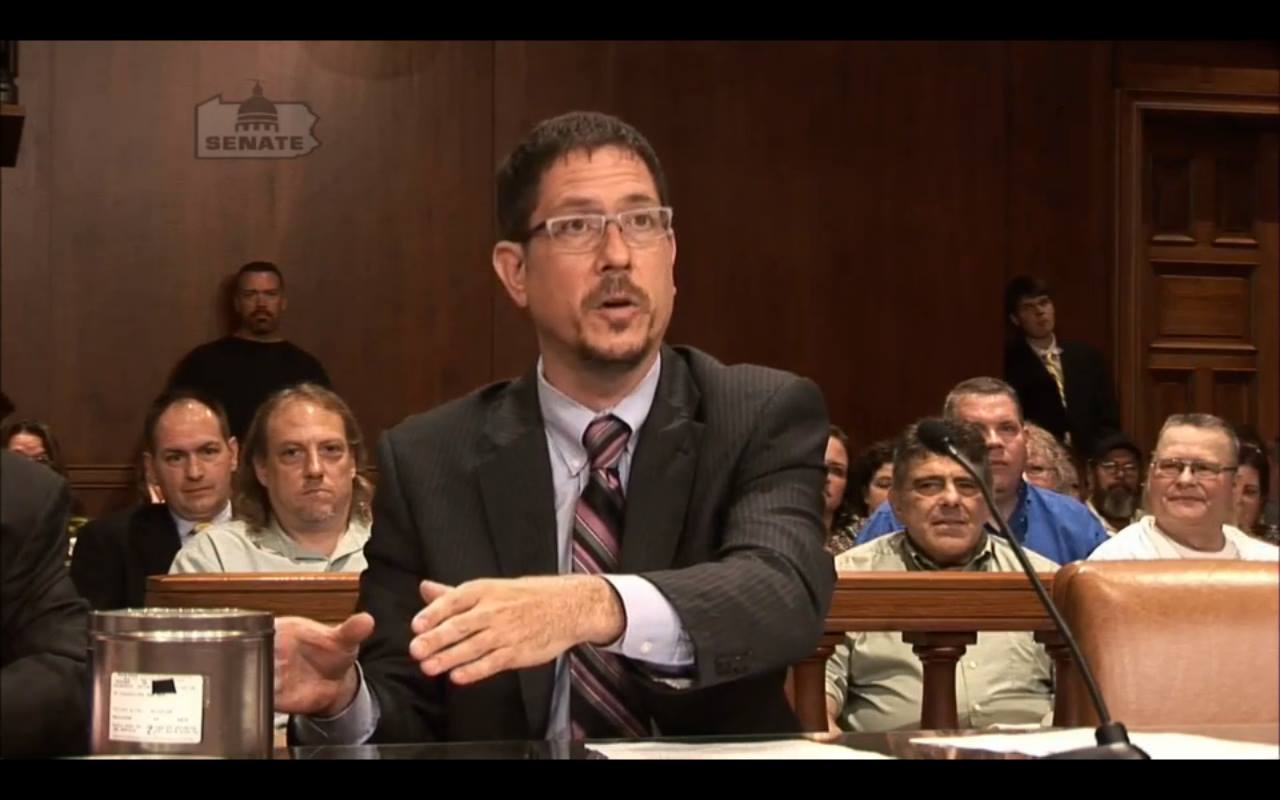9 Easy Facts About Brownstone Law Shown

Appeals are normally just granted when there is a concern with the law that was applied, or exactly how that law was used. Appeals are a specialized location of the regulation; appellate legal representatives take situations from lower high court such as criminal courts, challenging those situations in greater courts. Appeals can take place in both state and government courts.
Everything about Brownstone Law
Federal Judiciaries have Circuit Courts that hear high court concerns, and there is the United States High Court. Appellate lawyers take instances from test courts, appealing them to a greater court. The objective of an appeal is to have an appeal court rescind an error of regulation, a jury's judgment, or review a test court judge's choice to suppress a motion, exclude evidence, subdue proof, proceed a test, or test a sentence imposed.
Your test lawyer will object prior to or during a test in order to maintain the concern for charm. An argument is needed to provide the test court the chance to choose on an issue of law. The exception to this is an error that is so severe or unreasonable that it can be evaluated by an appellate court even if there was no objection by the lawyer.
If you require an attorney who has the comprehensive research and composing experience needed for an effective charm, you need lawyers James P. Whalen and Ryne T (Brownstone Law). Sandel from Whalen Legislation Workplace. Whether they are looking for to attest a decision in favor of their customer, or turning around a guilty judgment, Whalen Regulation Workplace will certainly offer the moment and factor to consider essential for an appeal, pursuing one of the most valuable outcome in your place
Regardless of what decision is hanging over your head, all critical proof and transcripts will be meticulously taken into consideration for your finest possibility of appeal. Appellate attorneys James Whalen and Ryne T. Sandel can aid you with a government or state allure, providing you the very best opportunity of a positive outcome.
The 7-Minute Rule for Brownstone Law

This can offer you premises for appeal, in that the jury found you guilty due to the fact that they were prejudiced or ruled on emotions as opposed to on the realities provided. Under the Sixth Change of the U.S. Constitution, every individual has the right to efficient legal advise. This implies that if your trial attorney did not give qualified advice, an appeal can be possible.
Further, the appellate court might determine that although your advise was inefficient, the general outcome of the decision was not changed because of this - Brownstone Law. If, however, a vital witness was not called by your attorney, the lawyer ignored to inform you of an appeal offer supplied by the prosecution, or your lawyer was proactively conspiring with the prosecutor, you might have a legitimate appeal for ineffective aid of advise
The Facts About Brownstone Law Revealed
Plain mistake can include blatant errors made by the court regarding the law or application of the regulation, court instructions given by the court, or sentencing mistakes following your conviction. If any of these errors plainly had an impact on the result of your case, then the appellate court could consent to hear your attorney's disagreement.

Appellate legislation takes place at both state and federal levels. The appellate court reviews procedural issues of legislation that may have caused a different result if the trial court had actually not made a mistake. Appellate legislation takes the full transcript of the trial, including activities, order, evidence, shows, voir dire, and any kind of various other appropriate papers right into account.
Significantly, an appeal is not a new trial, and generally, brand-new proof can not exist in appellate regulation. No witnesses may be called. The appellate court typically deals with the adequacy of the evidence to support a jury's searching for of sense of guilt and mistakes made before or during your trial. New proof can generally not be increased in an appellate court.
10 Easy Facts About Brownstone Law Explained
It is stated that "Test Judiciaries attempt the facts and Appellate Courts attempt the Trial Courts." This means the appellate court will be taking a look at what existed during the initial trial, then deciding if the judge made any errors in the lawful treatments (like admitting or rejecting to confess proof) or in his/her interpretation of the law.
It can be frustrating to find that proof that could verify your innocence can not exist to the appellate court. The objective of your appellate attorney will certainly be to have the original verdict rescinded, helpful site typically based upon insufficient proof or errors of law, after that any kind of new proof can be provided at your brand-new trial.
Losing an appeal implies the decisions made at your original test stand. If you are being tried for a significant criminal infraction with severe charges, it can be an excellent concept to have an appellate lawyer on your trial group. An appellate lawyer has a good understanding of what must be objected to in order to preserve the issue for allure.
Comments on “Brownstone Law for Beginners”